13 Sugary Treats to Skip for Healthier Teeth
Sugary snacks can be a major culprit when it comes to tooth decay and other dental issues. The sugar feeds bacteria in your mouth, leading to plaque buildup and potential cavities. By cutting back on these snacks, you can help protect your teeth and improve your overall oral health. Making simple changes to your diet can go a long way in keeping your smile healthy and strong.
This post may contain affiliate links, which helps keep this content free. Please read our disclosure for more info.
Candy Bars
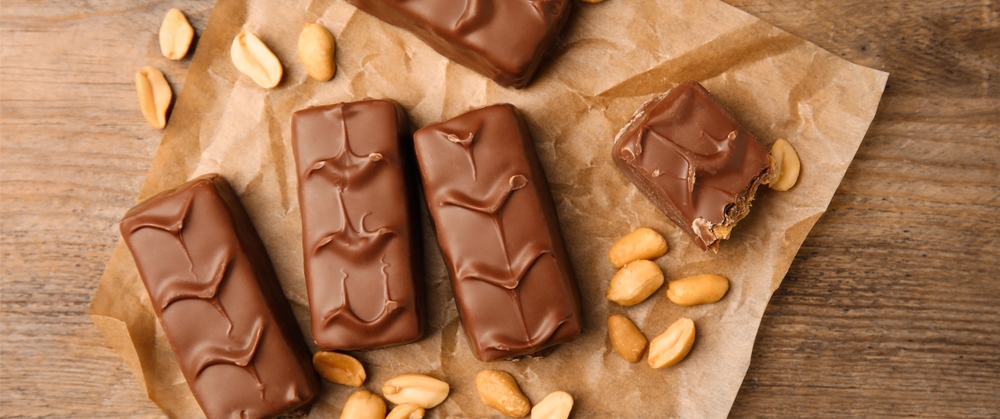
Candy bars are a common source of sugar that can seriously affect dental health. The combination of sugar and sticky ingredients like caramel, nougat, and chocolate creates a perfect environment for bacteria to thrive. These bacteria feed on the sugar, producing acids that erode tooth enamel and lead to cavities over time. The sticky texture of many candy bars means that they cling to your teeth for a long time, making it difficult for brushing to remove all the sugar.
Additionally, many candy bars are also high in fats, which further contributes to plaque buildup on the teeth. When you consume candy bars regularly, you expose your teeth to prolonged sugar contact, which leads to an increased risk of tooth decay. Reducing candy bar consumption can help protect your enamel and reduce the overall risk of cavities.
Gummy Bears
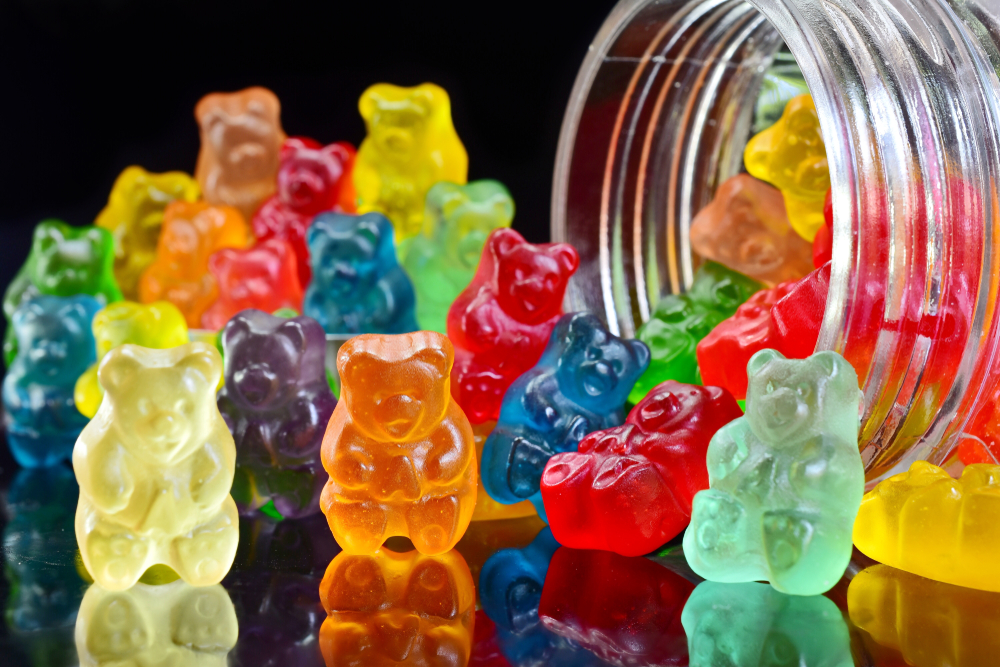
Gummy bears and other gummy candies are loaded with sugar, and their sticky texture makes them even more problematic for dental health. They tend to adhere to the crevices of your teeth, and since they are chewy, they are difficult to remove even after brushing. This prolonged exposure to sugar allows bacteria to feed on it, leading to the formation of plaque, which can eventually cause cavities.
Furthermore, gummy candies often contain artificial coloring and preservatives, which can be harmful to both your teeth and your overall health. The more frequently you consume gummy bears, the higher the likelihood that they will contribute to long-term oral health issues. Cutting back on these sugary treats will not only reduce sugar intake but also help prevent the damage they can do to your teeth.
Hard Candies
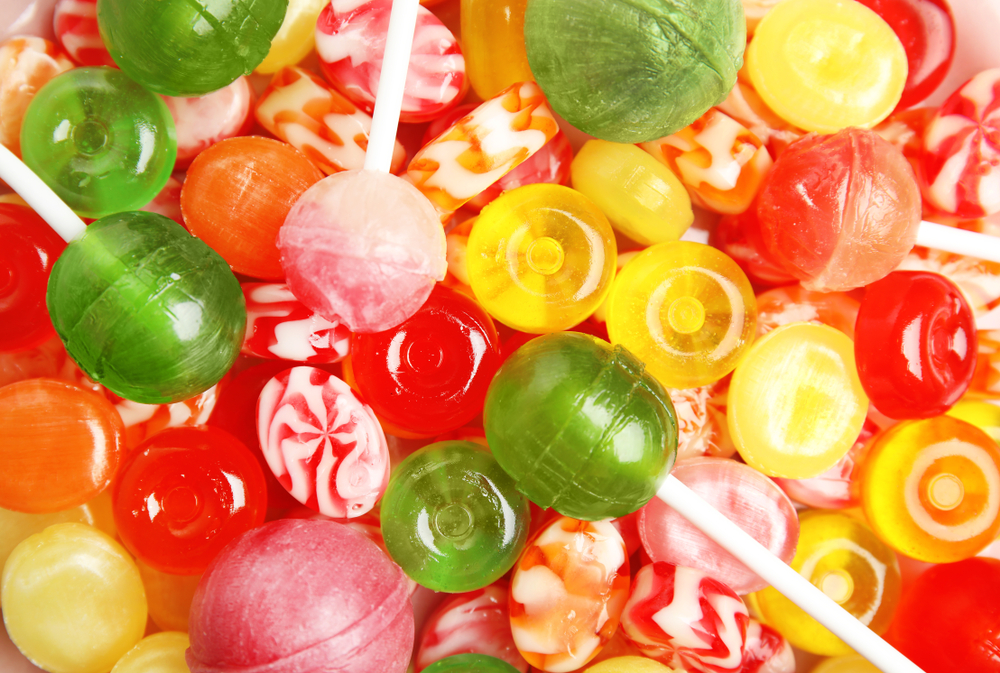
Hard candies may not stick to your teeth as much as gummy candies, but they dissolve slowly, which can cause sugar to remain in your mouth for a longer period. As the candy dissolves, sugar spreads across your teeth, giving bacteria a constant source of food. This prolonged sugar exposure increases the risk of cavities and tooth decay, as the sugar allows harmful bacteria to thrive.
Sucking on hard candies for long periods also increases the chance of enamel erosion. Over time, the acids produced by the bacteria can break down the protective layer of enamel, making your teeth more susceptible to damage. Limiting hard candy consumption is a good way to reduce sugar exposure and protect your teeth from long-term damage.
Soda and Sugary Drinks
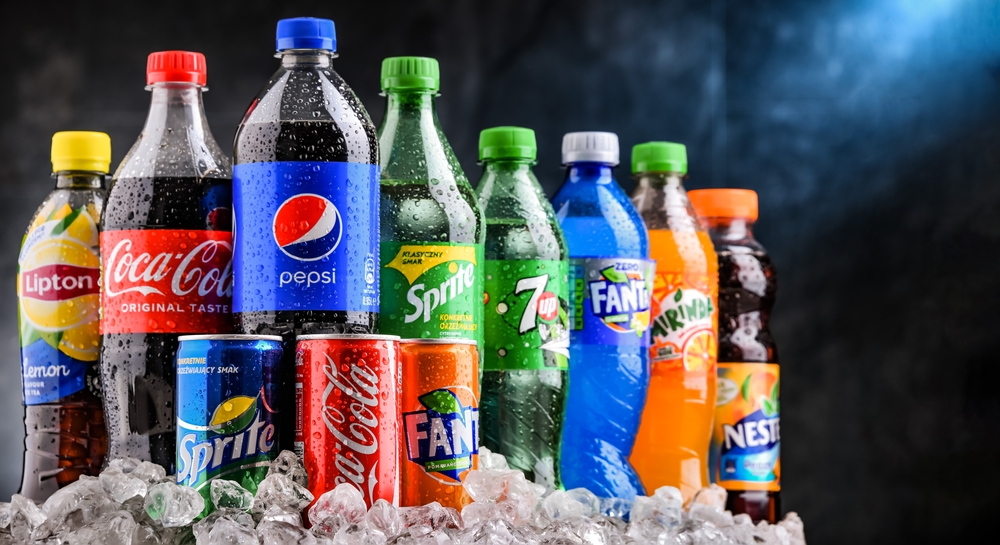
Sugary sodas and drinks are a leading cause of tooth decay. The sugar in these drinks coats your teeth, while the acidity from the soda erodes enamel, weakening your teeth over time. When you sip on sugary drinks throughout the day, sugar remains in contact with your teeth for extended periods, providing bacteria with a constant food source. This combination of sugar and acid is particularly harmful and can lead to cavities and gum disease.
In addition to promoting tooth decay, sugary sodas can also lead to enamel erosion, making your teeth more sensitive. If you regularly consume sugary beverages, you are increasing the risk of both cavities and long-term enamel damage. Reducing sugary drink consumption and replacing them with water or unsweetened beverages can significantly improve your oral health.
Fruit Snacks

Fruit snacks are often marketed as a healthy alternative, but many of them are packed with added sugars and artificial ingredients. These sticky snacks tend to adhere to the surfaces of your teeth, allowing sugar to linger and providing bacteria with a continuous food source. The sugar in fruit snacks, combined with their chewy texture, can create an ideal environment for tooth decay.
While they may contain some fruit juice or puree, many fruit snacks are more sugar than anything else. The sugary coating on these snacks can cause plaque buildup, leading to cavities. Opting for whole fruits instead of fruit snacks can help ensure you get the nutrients you need without the harmful sugar content.
Doughnuts

Doughnuts are delicious but loaded with sugar, fat, and refined carbohydrates. The sticky icing and sweet fillings make them especially harmful to teeth, as they tend to stick to the surface and between your teeth. This sugary residue allows bacteria to thrive, leading to plaque formation and an increased risk of cavities. Eating doughnuts regularly can cause long-term damage to your enamel, which is difficult to repair once it is worn down.
Moreover, doughnuts are not only high in sugar but also in fat, which can contribute to the overall degradation of dental health. Cutting back on doughnuts can help protect your teeth from the constant sugar exposure that leads to plaque buildup and decay.
Chocolate
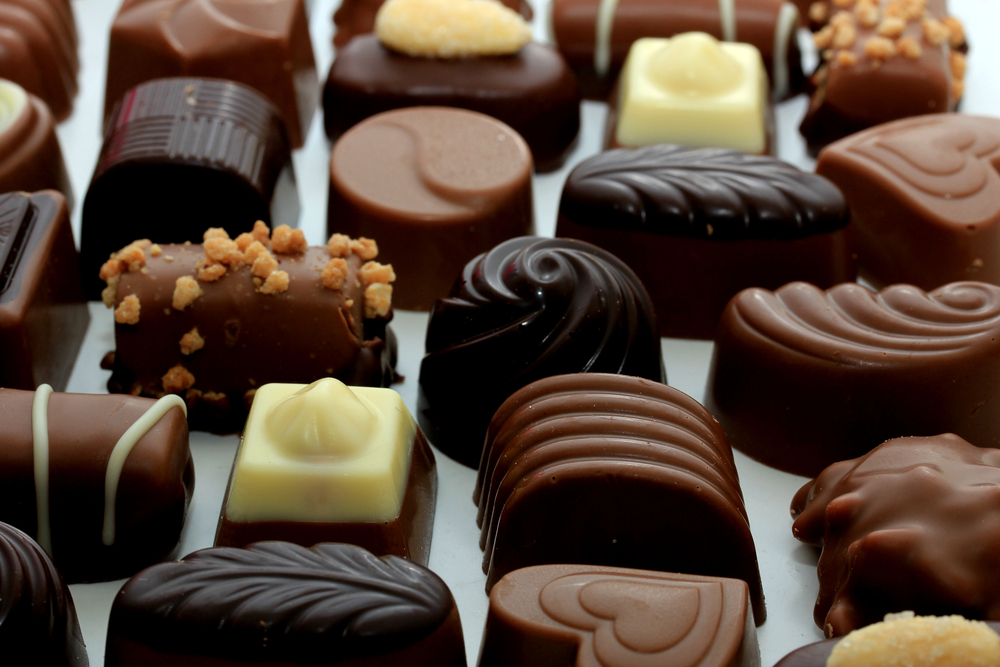
Chocolate, especially milk chocolate, is packed with sugar that can damage your teeth. While chocolate itself may not be as sticky as gummy bears, it still contains sugar that clings to the surfaces of your teeth. The more frequently you consume sugary chocolate, the more sugar is available for bacteria to feed on, which can result in plaque buildup and cavities.
Dark chocolate contains less sugar than milk chocolate, but it still has enough sugar to cause issues when eaten in excess. Limiting your chocolate intake or opting for healthier alternatives can help protect your teeth and preserve enamel.
Cookies

Cookies are often loaded with sugar and fats, making them a significant risk to your dental health. When you bite into a cookie, small crumbs tend to stick to your teeth, particularly if the cookie is chewy. The sugar content in cookies feeds the bacteria in your mouth, leading to plaque and eventual tooth decay if you do not brush thoroughly afterward.
Regular consumption of cookies can significantly increase your risk of cavities. Instead of eating sugary cookies, try to replace them with healthier snack options that are less likely to cause dental damage.
Ice Cream
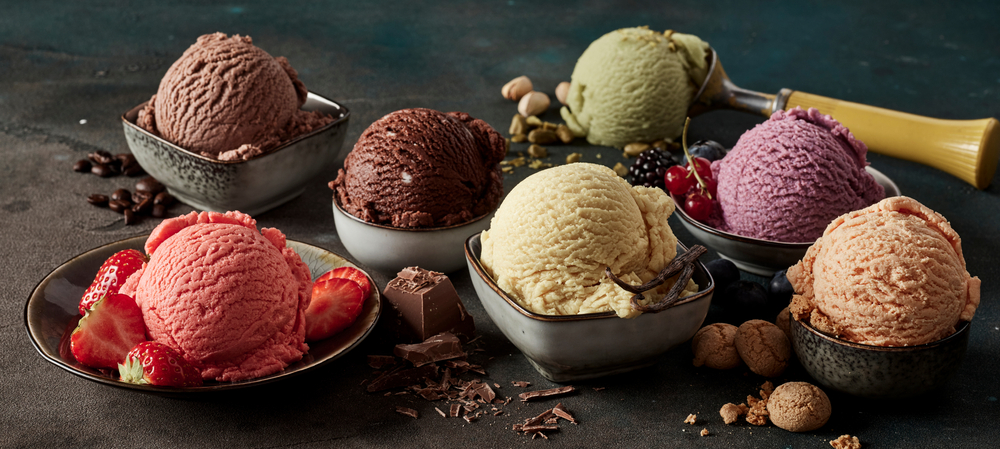
Ice cream may be a treat for hot days, but it is high in sugar and can be damaging to your teeth. The sugar in ice cream sticks to your teeth and provides a food source for bacteria, which leads to the formation of plaque. The longer you take to eat ice cream, the more sugar your teeth are exposed to, which can contribute to cavities and enamel erosion.
In addition to sugar, ice cream is also cold, which can cause discomfort for those with sensitive teeth. Reducing your intake of sugary ice cream and choosing low-sugar alternatives can help protect your teeth and avoid dental issues.
Cakes and Cupcakes

Cakes and cupcakes are loaded with sugar, frosting, and sometimes sticky fillings, all of which can be detrimental to your teeth. The sugary frosting tends to stick to your teeth, making it harder to remove with brushing. This sugar gives bacteria a food source, leading to plaque buildup, which can result in cavities over time.
If consumed frequently, cakes and cupcakes can contribute to long-term dental health issues. Limiting sugary desserts and opting for healthier options can help maintain your oral health and keep your smile intact.
Cereal Bars
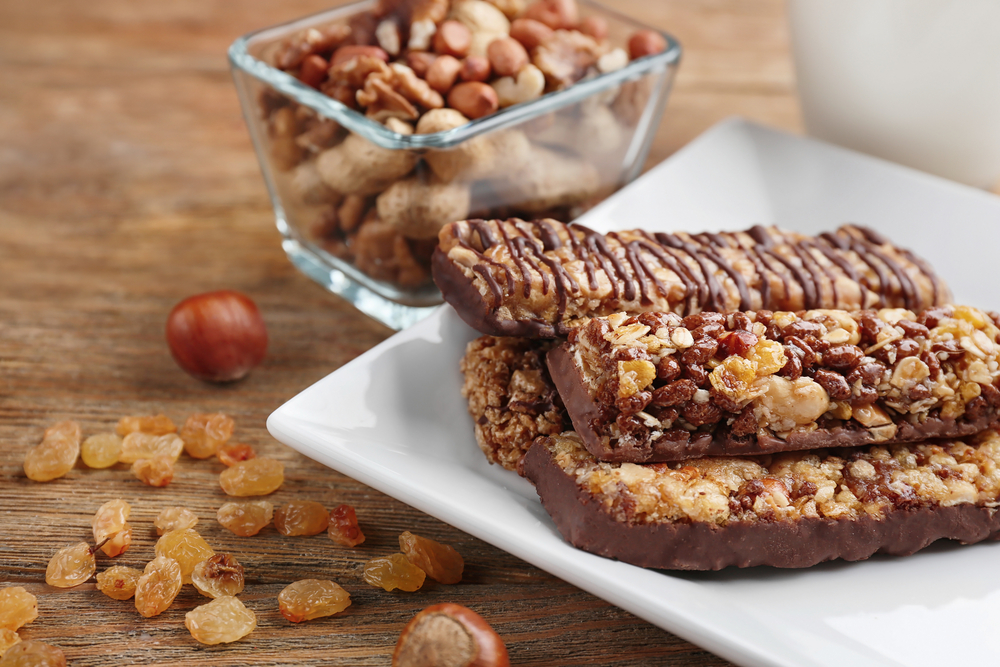
Cereal bars are often marketed as a quick, healthy snack, but many contain high amounts of sugar. The sticky nature of these bars means the sugar can adhere to your teeth and remain there for an extended period. This constant exposure to sugar allows bacteria to thrive, leading to plaque buildup and cavities.
Although some cereal bars may offer nutritional benefits, they can still be harmful to your teeth if they contain too much sugar. Choose lower-sugar snack options to protect your teeth and promote better oral health.
Fruit Juices

Fruit juices are often perceived as a healthy choice, but many commercial juices are high in sugar, sometimes even higher than sodas. The sugar in fruit juices coats your teeth, providing bacteria with a constant food source. The acid in fruit juice can also erode tooth enamel over time, leading to increased sensitivity and tooth decay.
Limiting fruit juice intake or opting for fresh fruit can help reduce sugar exposure and prevent damage to your teeth. Drinking water instead is always a better option for your oral health.
Energy Bars
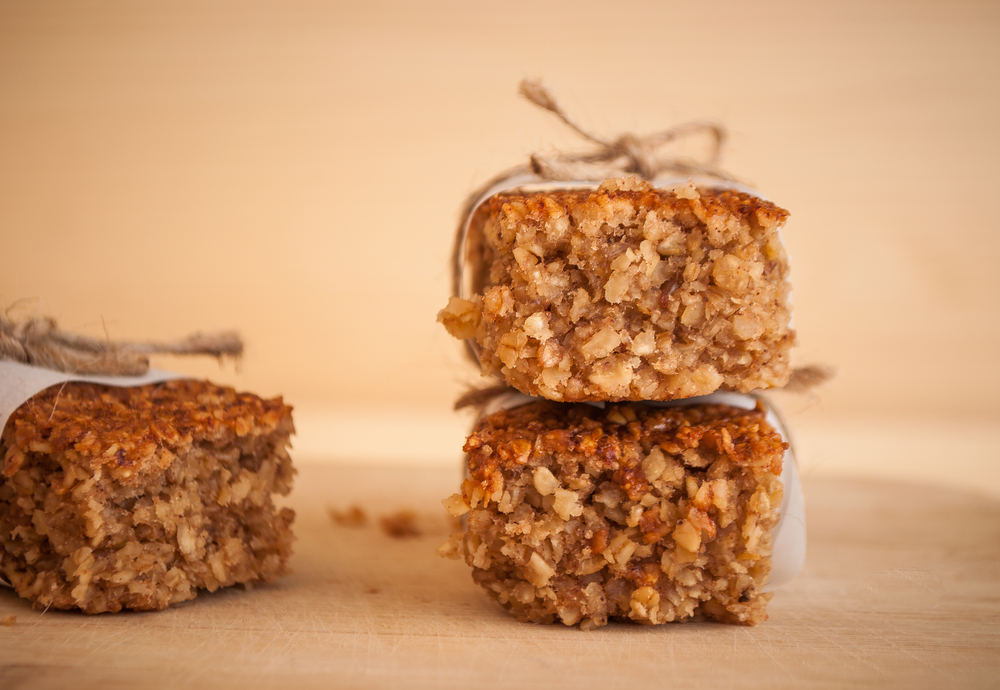
Energy bars often contain added sugars to enhance their flavor. These bars are typically sticky, and the sugar can remain on your teeth, feeding bacteria that cause plaque and cavities. If consumed frequently, energy bars can contribute to long-term dental issues like tooth decay.
Choosing energy bars with less sugar and more natural ingredients is a better option to protect your teeth. It’s also helpful to drink water after consuming energy bars to wash away any leftover sugar.
This article originally appeared on Avocadu.
